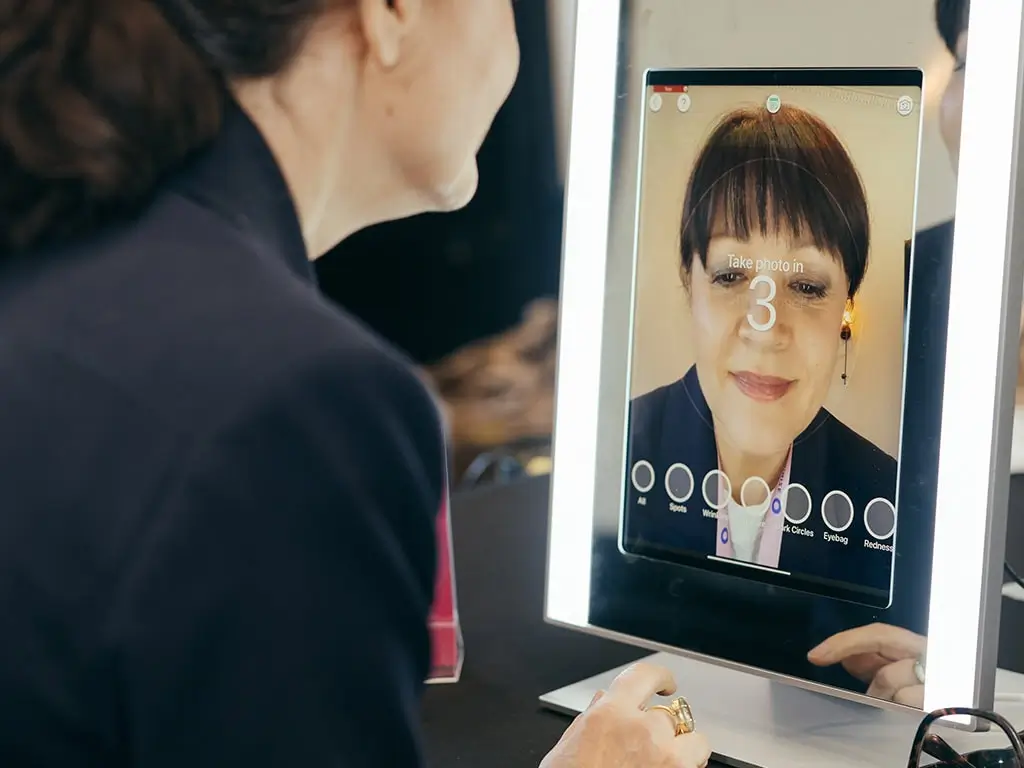Successful leadership in the wellness industry goes beyond business skills—Emotional Intelligence (EI) is key to connecting with teams, customers, and stakeholders. Leaders with high EI create positive environments, strengthen customer relationships, and drive brand success.
In the wellness world, where trust is crucial, understanding and managing emotions, both personal and those of others, is essential for fostering authentic connections and motivating teams.
What Is Emotional Intelligence and Why Does It Matter?
Emotional Intelligence (EI) refers to the ability to understand and manage your own emotions, as well as recognize and influence the emotions of others. It encompasses self-awareness, self-regulation, motivation, empathy, and social skills. In the context of leading wellness brands, EI is particularly important because this industry thrives on trust, empathy, and building positive customer relationships. Leaders with high EI are better able to understand the needs and concerns of their customers, create more authentic connections, and ultimately foster customer loyalty.
The Key Components of Emotional Intelligence in Leadership
Emotional intelligence comprises five key components, each playing a significant role in effective leadership:
- Self-Awareness: The ability to accurately recognize your own emotions, strengths, weaknesses, values, and motivations, as well as understand your impact on others.
- Self-Regulation: The ability to control or redirect disruptive impulses and moods, healthily manage emotions, adapt to change, and maintain integrity and accountability.
- Motivation: A passion to work for reasons beyond money or status, a commitment to goals, and the ability to pursue them with persistence and resilience.
- Empathy: The ability to understand and share the feelings of others, to be aware of their perspectives, and to show sensitivity and concern.
- Social Skills: Proficiency in managing relationships and building networks, finding common ground and building rapport, and effectively leading teams and communicating persuasively.
Read more: A Year of Growth and Transformation
How Emotional Intelligence Shapes Wellness Brand Success
Building Authentic Connections with Customers
Establishing authentic connections is crucial in the health and wellness industry, where customers seek solutions to improve their lives.
Leaders with high empathy can understand their customers’ deep-seated needs and desires and offer products and services that truly resonate. This deep understanding fosters trust and loyalty, as customers feel the brand cares and listens to their needs.
Enhancing Team Collaboration and Workplace Culture
Emotional intelligence is fundamental in creating a positive and collaborative workplace culture. Leaders who are self-aware and can manage their emotions create a more stable and productive environment. Their empathy fosters mutual understanding and respect among team members, and strong social skills facilitate effective collaboration and communication. A motivated and cohesive team will perform better and contribute to the brand’s overall success.
Read more: The Business of Beauty and Wellness: Why Collaboration is Key
Emotional Intelligence and Brand Storytelling
Brand storytelling is a powerful tool for connecting with audiences on an emotional level. Leaders with high emotional intelligence can craft their brand narratives to align with the values and emotions of their target audience.
They understand how to use language and tone that builds trust, inspires, and creates a deeper connection. This emotional resonance can differentiate the brand from competitors and strengthen customer loyalty.
Strategies to Cultivate Emotional Intelligence as a Wellness Brand Leader
Practicing Self-Awareness and Mindful Leadership
Self-awareness is the first step in developing emotional intelligence. Leaders can enhance their self-awareness by practicing mindful leadership, paying attention to their emotions and thoughts in the present moment, and understanding how they influence their behavior.
Seeking feedback from others can also help identify blind spots and better understand one’s impact.
Strengthening Empathy for Customer-Centric Growth
To strengthen empathy, leaders should actively listen to customers, try to understand their perspectives, and put themselves in their shoes. Conducting in-depth market research and analyzing customer feedback can provide valuable insights into their needs and emotions. A customer-centric approach built on empathy can lead to more relevant innovations and greater customer value creation.
Effective Communication for Building Trust
Effective communication is a cornerstone of emotional intelligence. Leaders must convey their messages clearly and empathetically, listen attentively to feedback, and adjust their tone and approach. Creating a safe space for open and honest dialogue can help build trust and foster positive relationships with the team and customers.
Read more: Longevity Clinics: Reshaping Beauty and Wellness Forever
Case Studies: Wellness Brands Thriving with Emotional Intelligence
How Top Wellness Brands Leverage Emotional Intelligence
Many successful health and wellness industry brands have emotional intelligence at the core of their leadership strategy. They have cultivated customer loyalty and stood out in a competitive market by building strong emotional connections with their audience, fostering positive workplace cultures, and telling their brand stories empathetically. Examining the approaches of these brands can offer valuable lessons for other leaders.
Lessons from Leaders Who Prioritize Emotional Connection
Leaders who prioritize emotional connection are often more inspiring, influential, and successful. By demonstrating authenticity, empathy, and genuine care for others’ needs, they build trust and respect. Studying the career paths of these leaders and understanding how they utilize emotional intelligence in their decision-making and interactions can provide valuable insights.
The Future of Emotional Intelligence in the Wellness Industry
The Role of AI and Human-Centric Leadership
While Artificial Intelligence (AI) is increasingly being integrated into the health and wellness industry, the role of human-centric leadership emphasizing emotional intelligence is becoming even more critical. AI can assist in data collection and analysis, but building genuine emotional connections, understanding human feelings, and providing empathetic solutions requires leaders with high EI.

Emotional Intelligence as a Competitive Advantage
Emotional intelligence will increasingly be recognized as a significant competitive advantage for wellness brands in the future. In a market where consumers seek authenticity, trust, and meaningful connections, leaders who can fulfill these needs through emotional intelligence will be better positioned for success.
Paying attention to leadership trends in beauty and wellness and understanding what’s next in wellness indicates that EI is a key factor shaping the future of this industry. Companies like Innocos also emphasize the importance of innovative and customer-centric approaches that align with the principles of emotional intelligence.
Emotional Intelligence Unpacked: Key Insights for Wellness Leaders
What is emotional intelligence in wellness brand leadership?
Emotional intelligence in wellness brand leadership is the ability to manage one’s own emotions and understand others to build trust, lead with empathy, and grow a healthy brand culture.
How does emotional intelligence impact customer trust and loyalty?
By showing genuine care and understanding, emotionally intelligent brands can earn customers’ deeper trust and long-term loyalty.
What are the top emotional intelligence skills for wellness entrepreneurs?
Self-awareness, empathy, clear communication, self-regulation, and strong interpersonal skills.
Can emotional intelligence help in crisis management for wellness brands?
Yes, it enables calm, empathetic responses and better decision-making during high-pressure situations.
What are common emotional intelligence mistakes in leadership?
Ignoring emotions, lacking empathy, poor communication, unmanaged stress, and low self-awareness.




